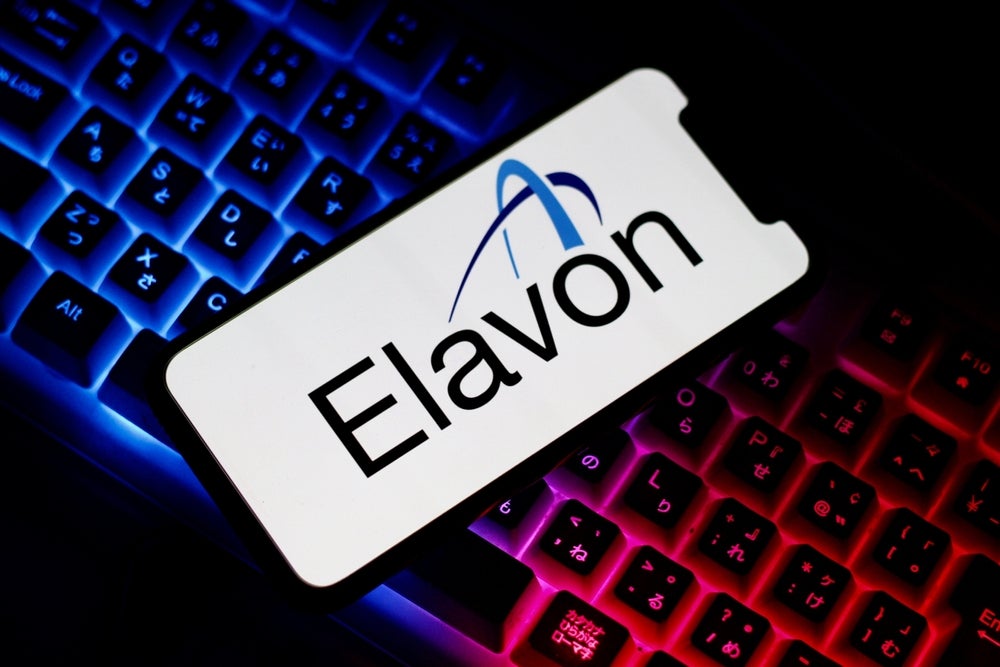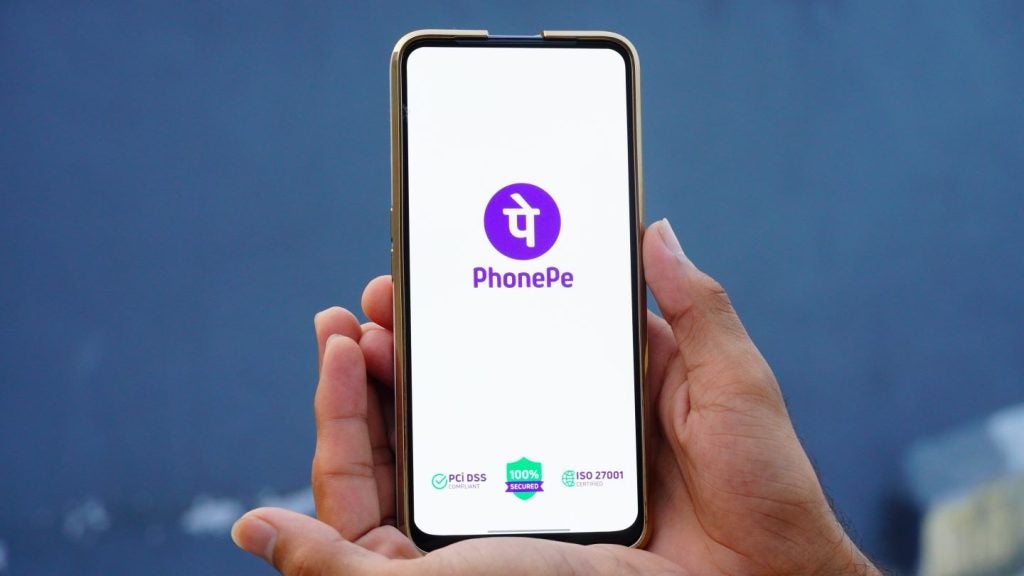
Payments company Elavon has operations in 10 countries, working across retail and hospitality. One of the things that make Elavon unique is its experience in one of its niches, payments for airline companies. Most of the biggest airline companies use Elavon for its payments, but why is that.
Scott Frisby is Head of Strategy Europe at Elavon, and offers his insight into Elavon and the ever-evolving payments landscape.
Robert Prendergast (RP): How has the shift to cloud-based management software affected the operations for Elavon?
Scott Frisby (SF): That’s the single biggest trend we’re seeing at the moment is the shift, particularly among small businesses. Businesses of all sizes are now incorporating and anticipating the adoption of software in ways that they would not have previously.
For example, in a barbershop, we can use an app to book a slot and to make a payment etc. That’s a really big change for businesses that were cash-only. One of the big changes we’ve made is that because these businesses are operating in a software-first environment, we have to acquire them in a software-first environment, we have to credit score them and underwrite them in a software-first environment, and we have to board them in a software-first environment.
So Elavon Connect is our online portal for small businesses to check the login status of their accounts. We are transforming this into an everything portal so they can engage in servicing, customer service queries, reporting, customised reporting, standardised reporting, and they can receive marketing messages. Soon we’re going to enable the ability for them to take new products and services to upgrade what they already have. We have gone from being a more traditional business to being digital first.
RP: What have the benefits of embedded finance been for customers?
SF: Its been very important. Although I have to say that for the smaller businesses, many are finding their feet in this. I would say that embedded finance is not dissimilar to getting a new car or getting a new smartphone, there are so many more options available and so much more utility there than you know what to do with.
We’re working with our small businesses on that journey to let them know how much more they can do with their business. What we find is that, at the beginning, they were they are more than happy to have payments integrated with the core software.
What is to come is using these embedded finance tools to take additional financial services, such as lending, working capital and borrowing solutions. We offer this to many of our merchants. But we find that the sales cycle for that is a little bit more on the traditional side. We reach out either via telephone or in person and ask them if they’re aware of the service if they like it etc. Smaller merchants are not yet at the stage where they’re taking advantage of all the embedded finance that’s available to them. But we view that as fine. That’s normal. That’s where we are in the adoption curve. We’re at the beginning of this of this journey.
RP: Elavon recently partnered with FreedomPay. What do you expect to be the benefits of this partnership?
SF: We are excited to be working with FreedomPay. We’ve been collaborating with them on several different client implementations. We view it as twofold, one in retail and the other in hospitality. This allows us to add additional gateway capability and additional functionality to what we already have. What’s important is that the more complex the merchant, the deeper the need to have the widest array of services possible. What we can do in this partnership is to bring really best of breed from the core payment processing platform, and from the stability and sophistication of Elavon and the whole financial services component with some leading-edge software and services.
RP: Elavon works with many of the biggest Airlines. What makes Elavon specifically appealing to this industry?
SF: What makes us good for airlines is also what makes us good in all of our other verticals. Deep sector expertise. That’s the first reason I think that most of our merchants choose us is the deep sector expertise. Part of that comes from the experience we have and because we’ve been working in Airlines for so long.
We have unparalleled risk management tools, in order to manage our airlines. Airlines require a specific risk management approach because it’s what we call a delayed delivery business. The money is taken up front and typically the service is delivered sometime later. With airlines, for example, you can buy an airline ticket 12 months before travel. That’s a long time in between, and holding the risk of being of having to deliver that service for something that’s so far out and ahead, can be tricky. But it’s something that we have expertise in. We know how to manage that from a risk management perspective. And because we have a much deeper understanding of how to manage the risk, we can price it accordingly. Therefore, we’re a very attractive partner for the airlines because we understand their business and we understand how to manage the risk.
RP: Elavon partnered with a Digital Line last year and started using its Audico solution. How has this experience been?
SF: We are very impressed by the solution. It’s incredibly sophisticated. We think that this is one of the first examples of what we expect to see over time developing into a much more interactive digital assistant relationship. At the moment, many digital assistants are reactive. So you ask something and then they will either execute it or they will provide an answer. What we expect to see is a lot more interaction. Digital assistants actually begin to suggest items to you, a lot of which help you make a decision in terms of ordering options.
For example, you might say I’m in the mood for this kind of food this evening. Can you give me some advice on who’s received good reviews within my area that can also deliver. So artificial intelligence has enabled digital assistants, where the voice authentication comes from you ordering it. So the digital assistant helps you with product selection, they help you with ordering, they help you with payment. We see this as just the beginning of an entirely new way to transact.







